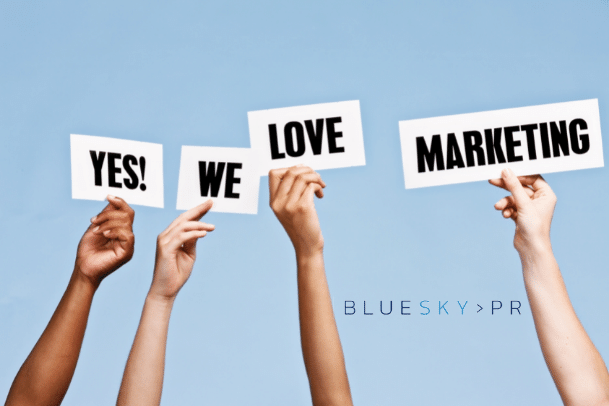When pub chain JD Wetherspoon recently announced its decision to shut down all of its social media channels – including Twitter, Facebook and Instagram – with immediate effect, it raised eyebrows, not least from those who understand how a presence on those platforms can add value to a business, if they are used strategically. Chairman Tim Martin said, in a now deleted tweet, “We are going against conventional wisdom that these platforms are a vital component of a successful business,” adding that the managers of its 900 pub branches agreed with him. He later told a journalist that, "On a commercial basis, it saves people in the company time and that will enable them to get on with their own jobs." Devise a social media strategy There are a few puzzling things about this decision. Firstly, Wetherspoons had more than 44,000 Twitter followers and more than 100,000 followers on Facebook. Clearly, there was an interest from customers in having social media engagement with the brand. However, interactions on these platforms were very moderate, with many posts receiving only a handful of likes. For a big company with so many followers, such a low level of engagement should have raised a red flag indicating that it hadn’t mastered the art of delivering relevant content to its followers which truly engaged them. The demand was there, but the social media strategy clearly wasn’t. Businesses need to have a clear idea of who they are targeting, what they want to say and how best to convey that message. If The Museum of English Rural Life can achieve nearly 107,000 likes (and counting) with its perfectly judged tweet about a ram, then Wetherspoons really needed to be thinking more creatively and aiming for far higher levels of engagement, adjusting the strategy if it wasn’t appearing to work.



























